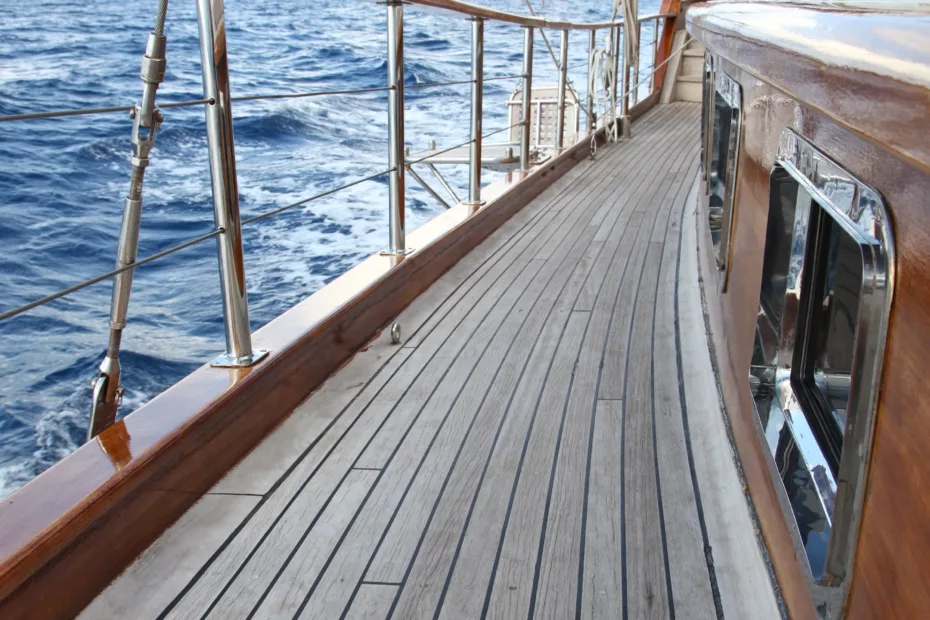When it comes to choosing the perfect boat, one of the most important factors to consider is the construction material. After discussing wooden hulls, aluminum boats, steel boats, and fiberglass boats in detail, I would like to provide a guide for future buyers. Although the choice of material is often aesthetic and instinctual, it is essential to arrive at the purchase informed about all the advantages and disadvantages of each material.
1) Aluminum Boats: Strong and Lightweight
Aluminum boats are valued for their lightweight nature and robustness, as well as their ability to resist corrosion. Aluminum hulls can withstand impacts and abrasions, making them ideal for exploring more challenging waters. Despite a higher initial cost, they typically require less maintenance over time (unless your explorations are extremely demanding).
Advantages:
- Corrosion resistance
- Lightweight for better fuel efficiency
- Durability due to strength
- Low maintenance
Disadvantages:
- Higher initial cost
- Potentially less elegant compared to other boats
- Thermal conductivity can lead to an excessively hot or cold interior environment
2) Steel Boats: Solid and Reliable
Steel boats are renowned for their solidity and reliability. They can endure adverse weather conditions and can be easily customized to meet the owner’s needs. However, they require careful maintenance to prevent rust and corrosion.
Advantages:
- Strength and durability
- Customization possibilities
- Ability to navigate in challenging conditions
- Good longevity
Disadvantages:
- Rust is always a concern; constant maintenance is necessary!
- Heavier than other materials
- Higher average repair costs
3) Wooden Hulls: Elegance and Craftsmanship
When thinking about the oldest tradition in boat building, wooden hulls cannot be overlooked. However, as is often the case, if you want to look good, you have to put in the work… Wood requires constant maintenance to avoid damage from moisture, mold, and deterioration.
Advantages:
- Timeless aesthetics
- Possibility of detailed craftsmanship
Disadvantages:
- High maintenance demands, both in frequency and attention
- Risk of moisture and mold damage
- Potentially shorter lifespan compared to other materials
4) Fiberglass Boats: Versatility and Ease of Maintenance
Fiberglass boats are lightweight, corrosion-resistant, and can be produced in a good variety of shapes and styles. However, the danger of osmosis is always present, necessitating specific maintenance.
Advantages:
- Versatility in design and production
- Lightweight
- Better performance
- Corrosion resistance
- Relatively simple maintenance
Disadvantages:
- Potential collision damage
- Possible osmosis issues
- Shorter lifespan compared to other materials
Conclusions
It is evident that without a technical perspective, it can be very difficult to choose the optimal material. Buying the right type of boat is always an important decision that requires the keen eye of a marine surveyor who has worked with this means of transport for years and knows all the common pitfalls of one type or another.
